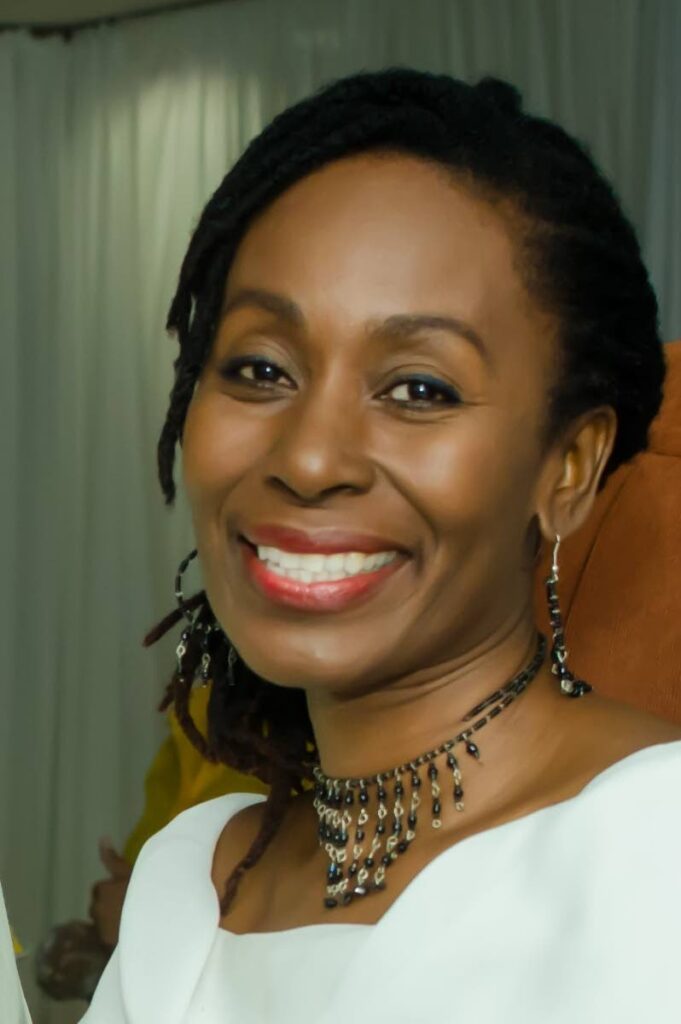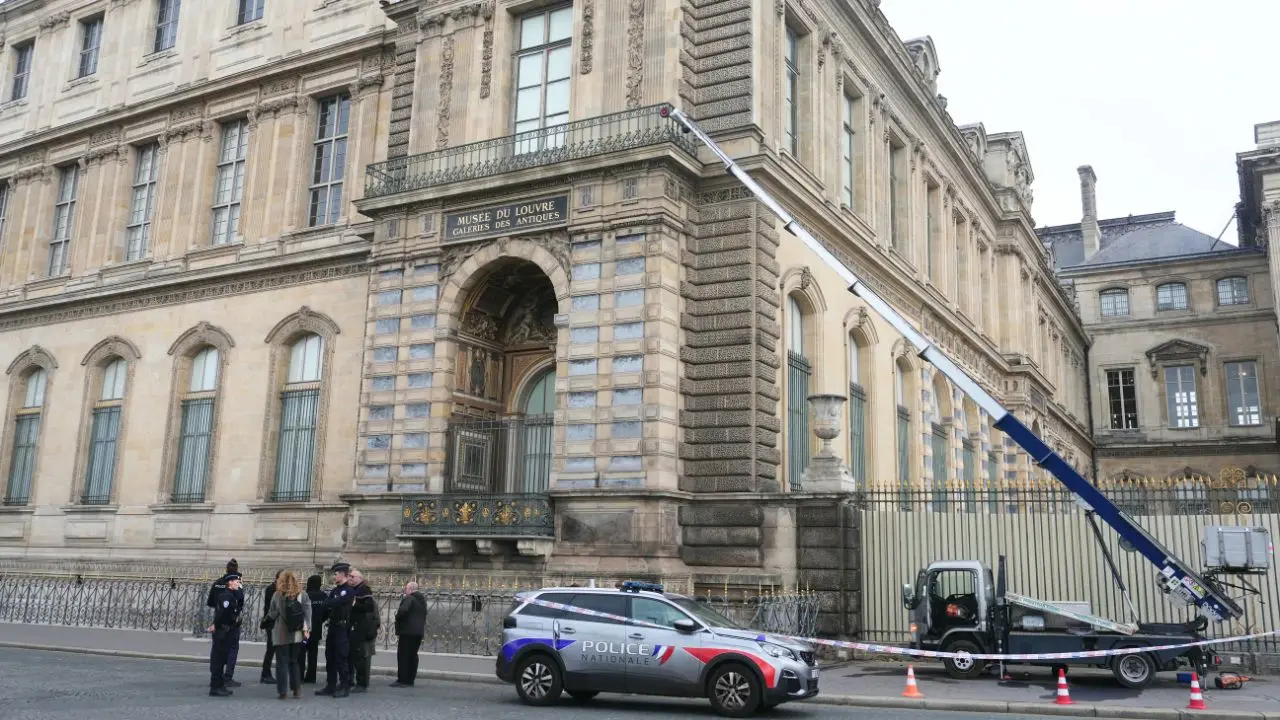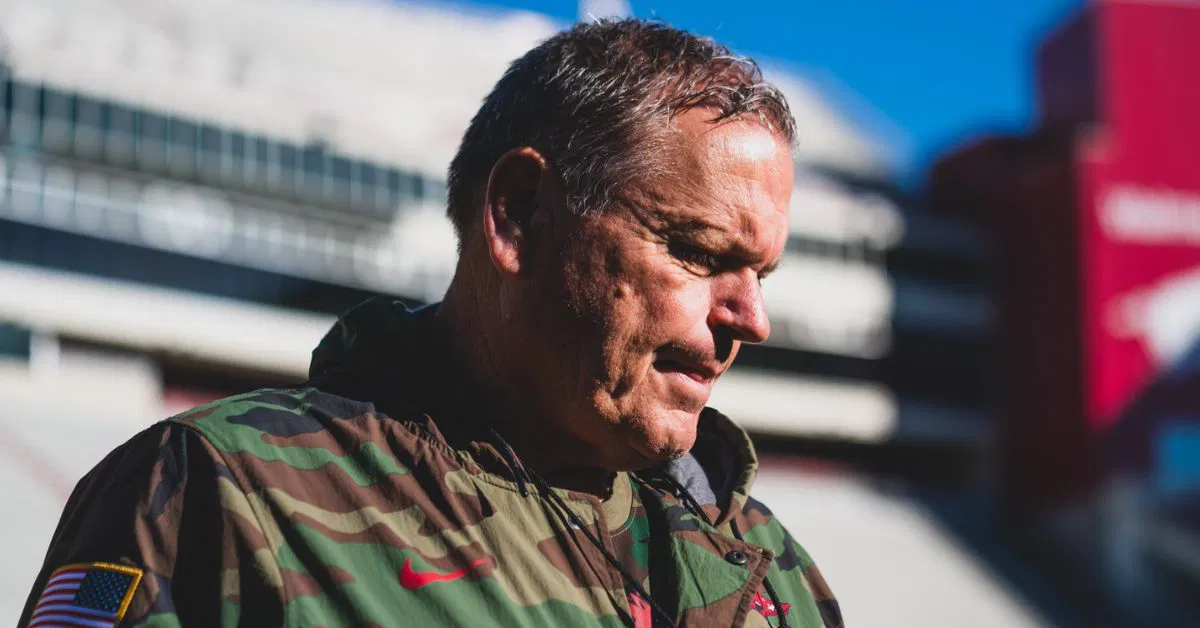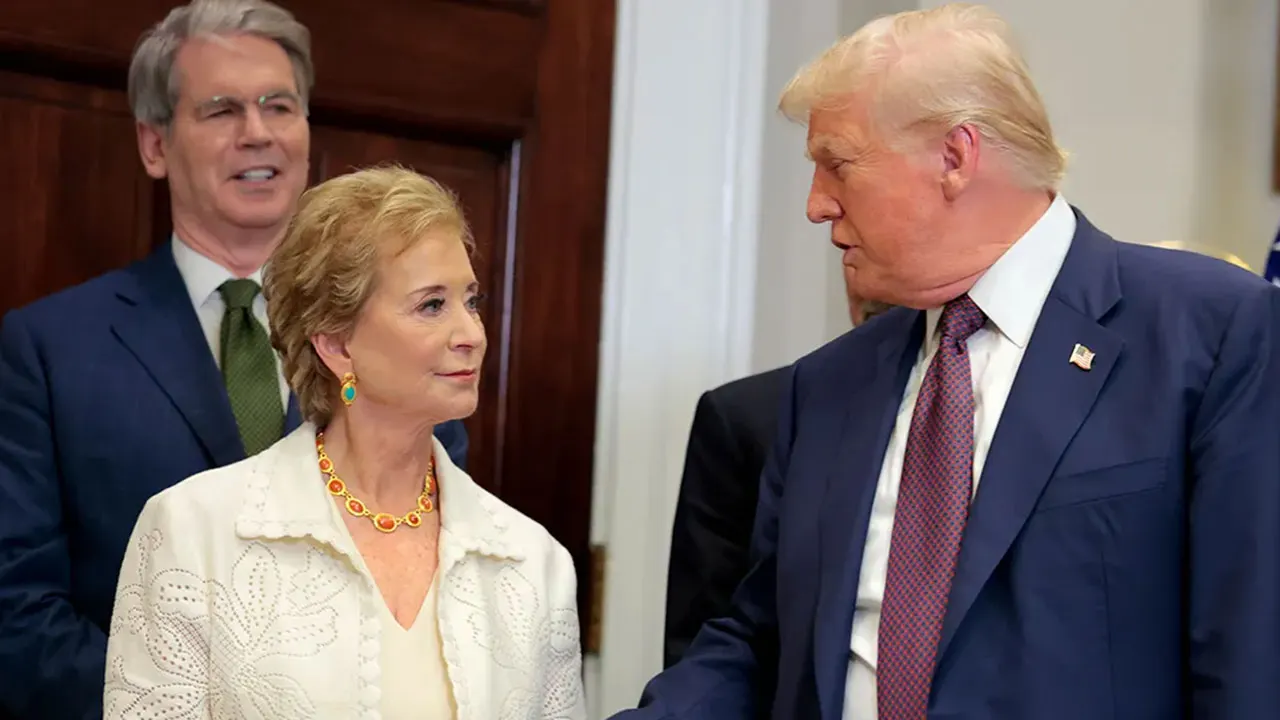Copyright newsday

DARA E HEALY Now the oil days are over And we feeling the pressure Trinidad is now facing a future of doom Seven years of affluence were enjoyed by our nation We developed but with mismanagement, scandal, pay-off and corruption …friends it is plain to see The vengeance of moko falling on we – Don’t Cry Now, Tobago Crusoe ARTISTS NO longer expect conversations about revival of the economy to include culture and the arts. Despite global data and local evidence that support the impact of local cultural forms, successive governments continue to resist putting the policies, structures and funding in place to allow the arts to be positioned in a more strategic and sustainable way. Still, carnival in Tobago offers us another opportunity to see the mantra of artists in action – "just do the work." From thoughtful topics in their Calypso Monarch competitions to placing emphasis on local foods and traditional masquerade, it is heartening to see Tobagonians fighting to preserve and amplify their culture. It is clear that carnival is regarded as a deliberate pathway to self-sufficiency and economic diversification. I silently wrestled with my own frustrations over the continued overlooking of the arts as a viable economic force. Eventually, I thought I would ease some of my disappointment by exploring the advice that calypsonians would have given over the years about broadening our economy and reducing reliance on oil and gas. As we celebrate Calypso History Month, I thought it might be intriguing to share some of what they had to say. In 1983, over 40 years ago, Tobago Crusoe’s painful calypso, Don’t Cry Now, resonated with the audience and judges to win him the Calypso Monarch. I read that he received a standing ovation when it was performed on competition night. His calypso outlined many of our poor decisions. These included refusing to develop agriculture, preferring instead to import food, paying workers but receiving little returns in productivity and extravagant shopping trips to the US. All of these while our airline and public transport systems wallowed in “chaos.” As Tobago Crusoe described it, we were “losing money in land, sea and air.” In 1968 Mighty Chalkdust adopted a more ironic tone when he sang about the challenges faced by society due to the decline in the value of our dollar. He described how some vendors tried to beat the situation by wrapping fish in paper to make it heavier or girls wearing mini-skirts to use less fabric. Instructively, he also sang about returning to vervine tea and other local practices as a way to reclaim our ancestral values. As with Tobago Crusoe, Chalkdust also advised that “the only way to beat devaluation is to aim at more production.” However, our issues began even before independence. In 1937, Attila the Hun lamented, “In the books of the treasury something went wrong/Two hundred thousand dollars could not be foun'/And every clerk say, ‘It ain't me fault’/So it must be a spirit open de vault.” In the calypso Attila comments that if he had taken the money, he would have happily served jail time and then lived the life of a millionaire. Knowing a little about Attila’s career as a politician and advocate for the rights of calypsonians and working people, I think he was really commenting on the dishonourable behaviour of people in authority and the widespread and long-term effects on society as a whole. In 1994, Mighty Shadow’s harrowing but brilliant Poverty is Hell showed the harsh reality of what some citizens were suffering and coined a phrase we still use today. The first two lines encapsulated the lingering inequity in our nation: “Poverty is hell and the angels are in Paradise/Driving in their limousine where everything is nice and clean.” Going through this exercise reminded me that over the decades our calypsonians remained fearless, always speaking their truth to power. As cultural practitioners this is our role, to force society to face itself and offer solutions towards the advancement of all of us. I think that is why Tobago Crusoe received a standing ovation that night. His solution was simple but compelling: “Right now the ship is sinking/It’s up to us to keep it floating.” The calypsonians inspired me to continue lifting my voice against injustice. If we are to ever get rid of our terrible history of corruption and loss, you must do the same. Dara E Healy is a performing artist and founder of the Idakeda Group, a cultural organisation dedicated to empowering communities through the arts



